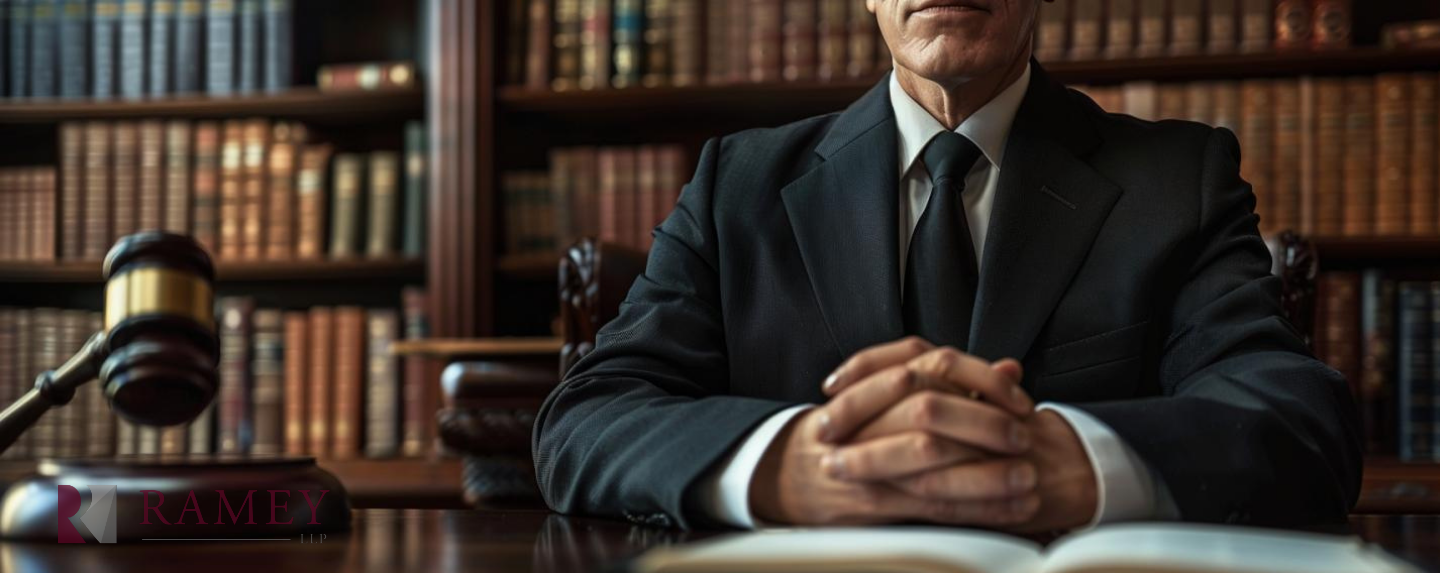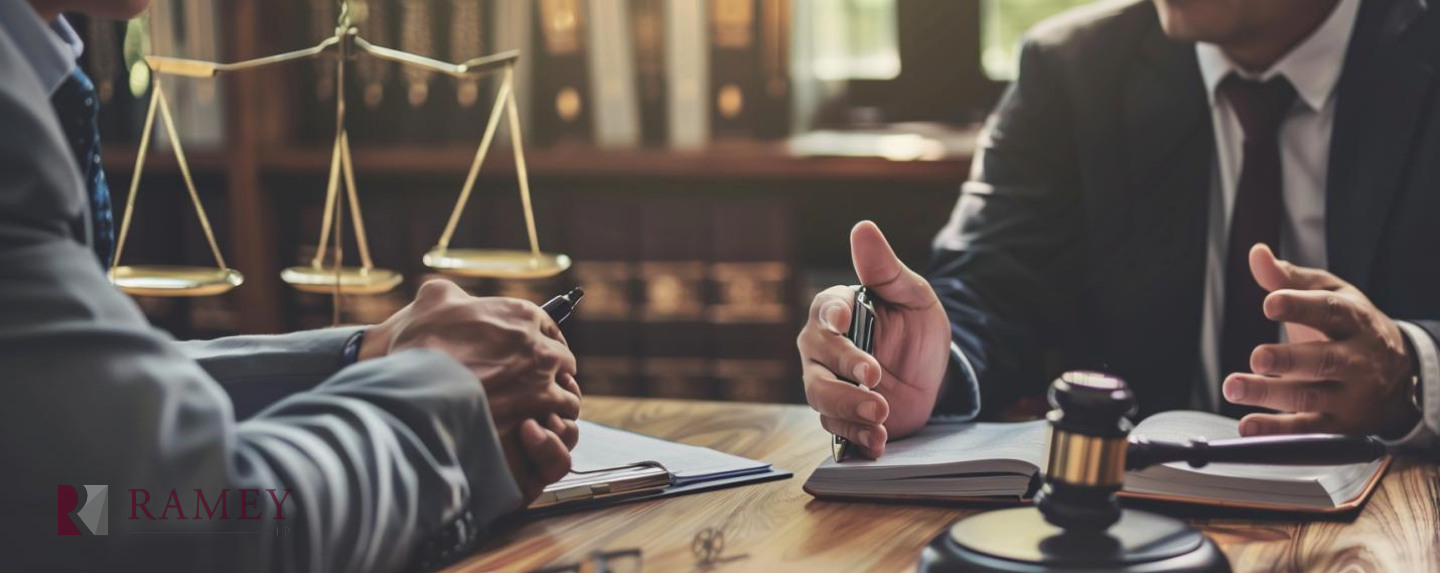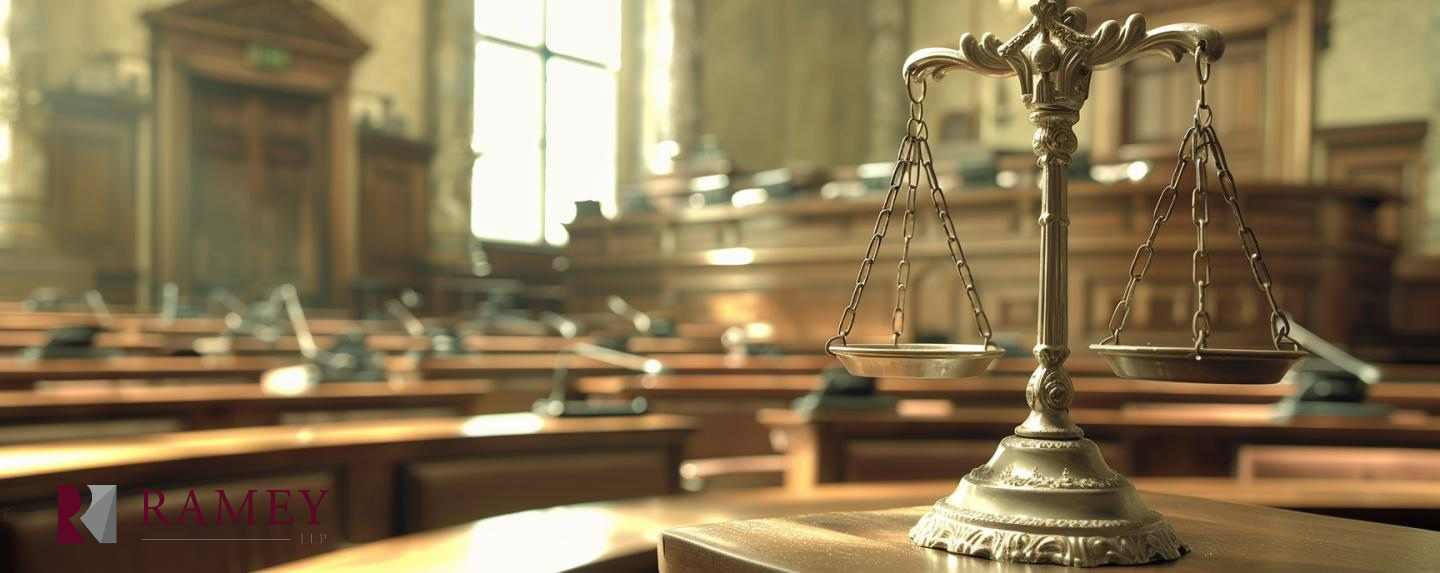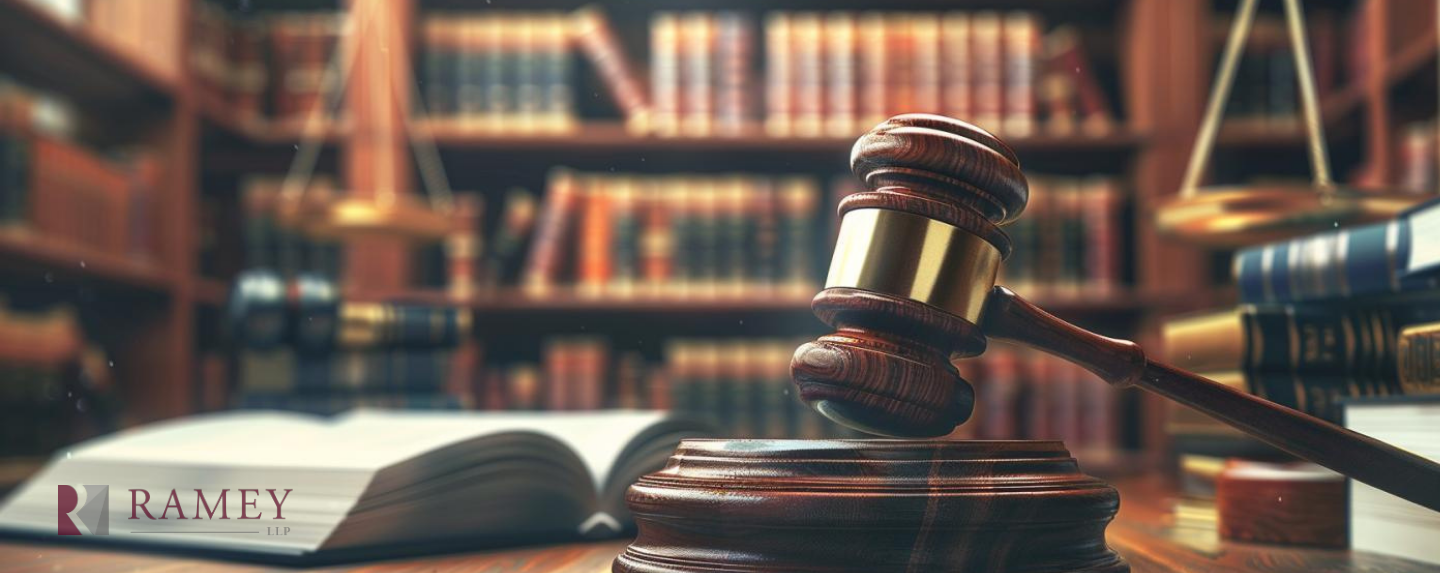What is a Litigation Lawyer and Do You Need One?

Navigating the complex waters of the legal system can be daunting, especially when you find yourself in a situation where you are considering or are facing a lawsuit. Enter the often-misunderstood but incredibly important figure of a litigation lawyer.
This post is a comprehensive guide for anyone interested in understanding the role of any skilled litigation lawyer and determining if their services are necessary.
Understanding the Litigation Lawyer
Who is a Litigation Lawyer?
A litigation lawyer or a litigation attorney, often referred to as a litigator, is a legal professional who represents plaintiffs and defendants in civil lawsuits. They manage all phases of the litigation process, including investigation, pleadings, discovery, pre-trial, trial, settlement, and appeal. Not only do they handle all the details of the legal proceedings, but they also provide clients with an understanding of their legal rights, obligations, and options.
What do Litigation Lawyers Do?
Litigation lawyers handle a variety of tasks. They draft pleadings, conduct pre-trial depositions, manage settlement negotiations, and represent their clients at trial. They must have a strong understanding of the litigation process, as well as excellent interpersonal and advocacy skills. Beyond the courtroom, they often engage in strategic planning and potentially the drafting of appeals if a case is lost at the trial level.
Business Litigation Lawyer vs Civil Litigation Lawyers
While litigation lawyers, in general, tackle lawsuits involving individuals or organizations, a distinction is often made between business litigation lawyers and civil litigation lawyers based on the nature of the disputes they specialize in.
Business Litigation Lawyers primarily focus on legal disputes related to the operations of businesses. Their expertise includes, but isn't limited to, breach of contract cases, partnership disputes, class actions, business torts, and matters involving intellectual property. Business litigation often involves complex, high-stake issues that significantly impact a company's operations or financial health. Lawyers specializing in this area require a deep understanding of both the legal and commercial landscapes.
On the other hand, a Civil Litigation Lawyer deal with a broader range of disputes that typically involve private disputes between individuals or organizations. These can include personal injury cases, landlord-tenant disputes, estate litigation, and more. Civil litigation encompasses any litigation that is not criminal and can be seen as an umbrella term that captures anything from family law disputes to real estate issues.
Understanding the distinction between these two types of litigation lawyers can significantly influence the selection process when seeking legal representation, ensuring that one's legal needs are matched with a lawyer whose expertise aligns with the specific challenges and complexities of their case.
Responsibility of a Litigation Lawyer
- Draft and prepare legal documents, such as lawsuits, appeals, or motions.
- Prepare for and present cases in court, including the filing of required legal briefs.
- Argue motions, meet with judges, and question witnesses during the course of a trial.
- Communicate complex legal principles to clients and judges.
- Negotiate settlements between parties to a dispute.
- Manage the work of paralegals and legal secretaries, often overseeing multiple cases at various stages of the litigation process.
Overall, the litigator’s responsibilities are complex and require a balance of legal expertise, strategic thinking, and the flexibility to handle each case's unique circumstances.
Reasons Why You Might Need a Litigation Lawyer
When to Seek Litigation Counsel
There are various situations where seeking the help of a litigation lawyer is advisable. Here are a few key scenarios:
- You're Being Sued: Whether it's an individual, a company, or a government entity bringing legal action against you, the complexities of the litigation process necessitate professional guidance.
- You Need to File a Lawsuit: Initiating legal action against another party requires the expertise of a litigation lawyer to ensure your case is properly prepared and presented.
- You Are Involved in a Dispute Requiring Legal Action: If you're facing a significant legal dispute that cannot be resolved through negotiation, a litigator can represent your best interests.
Litigation lawyers specialize in the adversarial process, bringing a wealth of experience to help you effectively respond to, or initiate, legal actions.

The Process of Working with a Litigation Lawyer
Settling into the Legal Process
Once you've chosen a litigation lawyer, understanding how the working relationship should proceed will help manage expectations and ensure effective collaboration. The process typically proceeds as follows:
- Consultation: You'll have an initial consultation to discuss your case and determine whether there are grounds for litigation.
- Preparation: If you move forward with representation, your lawyer will engage in detailed preparation, including gathering evidence and preparing legal arguments.
- Litigation: During the trial phase, your litigator is responsible for presenting your case, cross-examining witnesses, and arguing on your behalf before the court.
- Post-Trial: If the case proceeds to a verdict, a litigation lawyer can help with appeals if necessary.
Understanding and discussing each step of the process with your litigator will help you stay informed and involved in your case.
Conclusion
Litigation lawyers serve a critical purpose in our legal system, providing individuals and businesses with the necessary support and guidance to address legal disputes. Determining whether you need a litigation lawyer depends on the specifics of your case and the complexity of the legal issues involved. If you find yourself in a situation where litigation seems imminent, seeking out an experienced and reputable litigator is a crucial step towards protecting your rights and interests. Remember, in the complex world of civil law, the guidance of a litigation lawyer can often make the difference between success and legal disappointment.
While this document aims to provide a thorough overview of what a litigation lawyer does and when their services might be necessary, it's important to remember this is not constitute legal advice. If you find yourself in a situation that seems to require legal intervention or representation, it's crucial to directly contact us here at Ramey LLP for further information.




Contact Us
Contact Us
We will get back to you as soon as possible
Please try again later


